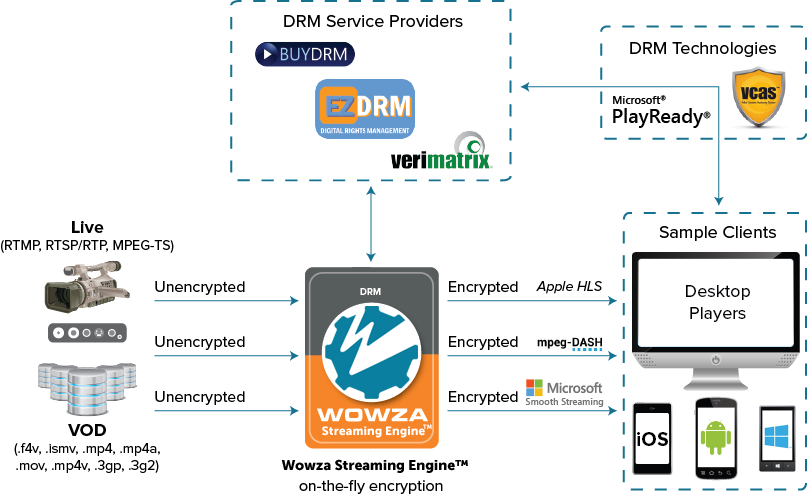

- #Wowza player download video archive#
- #Wowza player download video code#
Click the Network tab, and select Persist Logs. Click the Firefox menu ( ), click Web Developer and select Network. #Wowza player download video code#
Open your webpage containing the Wowza Player embed code in Firefox. #Wowza player download video archive#
When you're done, click the Download Web Archive icon (down arrow). Perform the steps to reproduce the issue with Wowza Player. In the Safari navigation menu, click Develop and select Show Web Inspector. Open your webpage containing the Wowza Player embed code in Safari. Safari Note: If you don't have the Safari Develop menu enabled, see Use the developer tools in the Develop menu in Safari on Mac to set it up. Upload the HAR file and console screenshot to your support ticket. Click the Console tab, expand the panel so that you can see most of its contents, then take a screenshot. Right-click within the list of network requests and select Save as HAR with Content. When you're done, click the red circle to stop capturing requests. Refresh the page, and perform steps to reproduce the issue with Wowza Player. A red circle on the left of the Developer Tools panel indicates that Chrome is capturing network requests.  Click the Network tab, and select Preserve log. Click the Chrome menu ( ) in the top-right of the browser window, and select More Tools, then Developer Tools. Open your webpage containing the Wowza Player embed code in Chrome. The capture process is extensively documented so you can refer to the below if needed. There are calls before video segments that may be telling as to what happened. It's also important to remember that to have the data captured you must first open the browser console, then refresh the page and reproduce the issue while it is open. The best browser to use for generating a HAR file in Chrome/Chromium or Firefox as they both have the best tools to identify issues. It's helpful for identifying header issues, network problems, URI problems, protocol issues (HTTP/HTTPS), HLS/Dash segment sizes, download times, and many others.
Click the Network tab, and select Preserve log. Click the Chrome menu ( ) in the top-right of the browser window, and select More Tools, then Developer Tools. Open your webpage containing the Wowza Player embed code in Chrome. The capture process is extensively documented so you can refer to the below if needed. There are calls before video segments that may be telling as to what happened. It's also important to remember that to have the data captured you must first open the browser console, then refresh the page and reproduce the issue while it is open. The best browser to use for generating a HAR file in Chrome/Chromium or Firefox as they both have the best tools to identify issues. It's helpful for identifying header issues, network problems, URI problems, protocol issues (HTTP/HTTPS), HLS/Dash segment sizes, download times, and many others. 
HAR files are an archive of the browser's network output when the issue happened.










